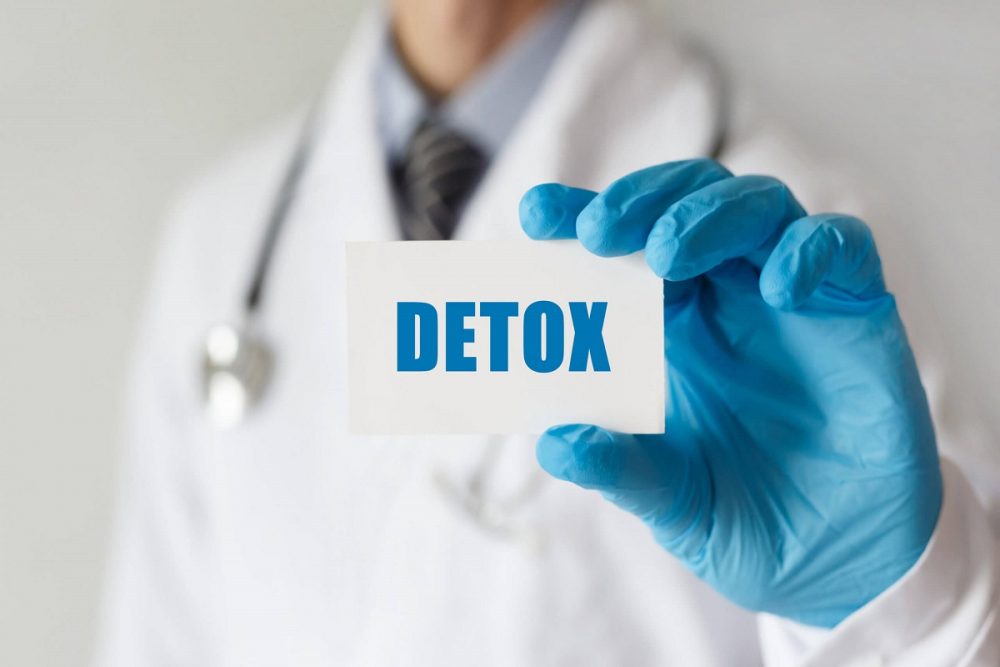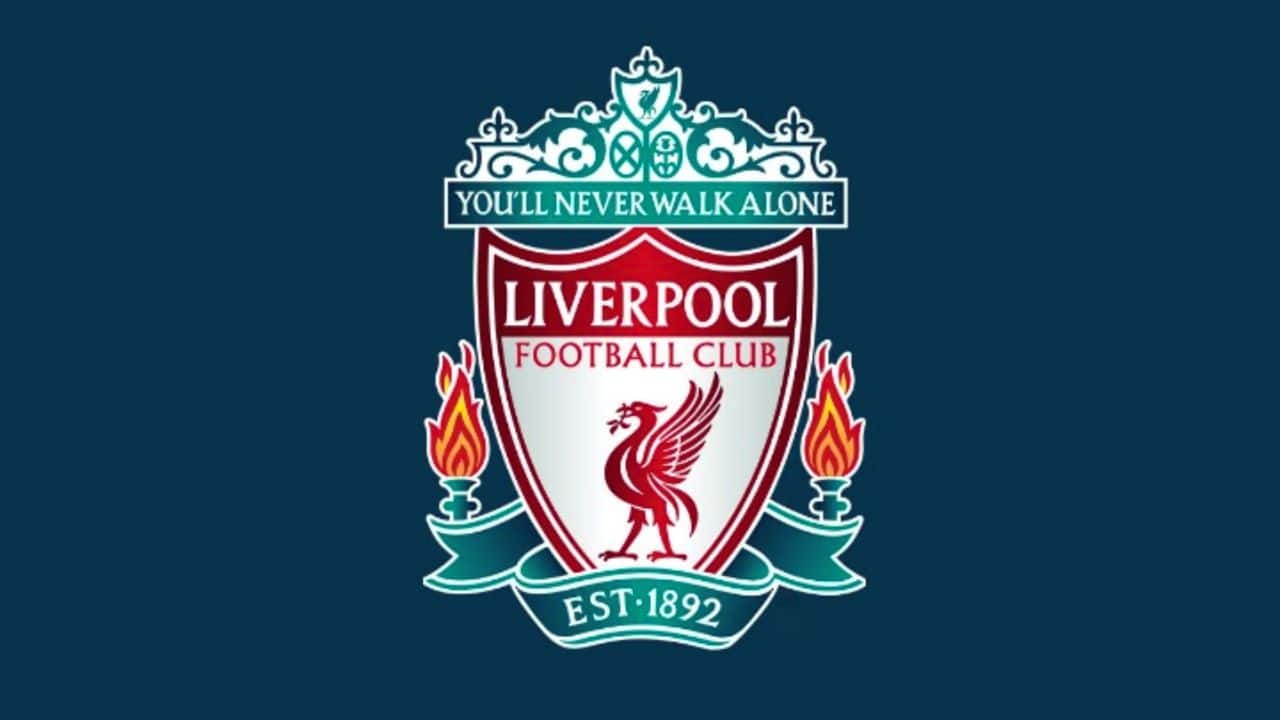When you resolve to overcome your alcoholism, your initial inclination may be to detox at home. After all, it’s natural to desire to quit drinking without enrolling in an alcohol recovery program. However, does this suggest that home alcohol detox is a safe or efficient approach to alcohol detoxification?
Let’s examine how alcohol detoxification at home works and some possible alternate detox procedures.
What Is Alcohol Detoxification?
Detoxification is the initial stage of alcoholism treatment. During this period, the body is entirely cleansed of alcohol.
Typically, alcohol withdrawal symptoms decrease after one to two weeks of initiating detox. They may, however, remain for a longer period, depending on the severity of your alcohol use problem.
Following detoxification, you may concentrate on other aspects of rehabilitation, including various hobbies, treatments, counseling sessions, and support choices.
Alcohol Withdrawal: Home Remedies for Managing the Symptoms
Here are a few tips for dealing with the symptoms of alcohol withdrawal at home:
-
Get Yourself a Glass of Water
Dehydration can lead to irritation, fatigue, and mental fogginess. Symptoms of dehydration might be mistaken for alcohol withdrawal in some persons. Make sure to drink a lot of water while detoxing at home.
-
Start by Eating a Well-Balanced Meal Plan
Having a balanced diet is essential as soon as you can eat again. To achieve your daily calorie requirements, consume a wide range of meals from various food categories correctly. For example, consider the value of entire carbohydrates and lean protein sources in addition to fruits and vegetables.
-
Vitamins and Minerals are essential for a healthy body.
You’ll likely be prescribed medication to relieve alcohol withdrawal symptoms while you’re in an inpatient or outpatient detox center. There will be no such pleasure at home. Nevertheless, vitamins and minerals can have a positive effect on your health and eliminate pollutants from your body.
-
Shower
Showering does not aid in sobriety or aid in the removal of alcohol from the body more rapidly. However, promoting relaxation helps alleviate some of the symptoms of alcohol withdrawal.
While taking a shower that is either too hot or too cold might result in severe temperature swings, a lukewarm shower may help alleviate some mild withdrawal symptoms.
-
Controlled Breathing
Stress from alcohol withdrawal can be alleviated by taking deep breaths. A healthy pulse rate and hypertension can be achieved via deep breathing. However, shackled breathing reduces oxygen flow and can be a source of concern for those who suffer from it.
On the other hand, Meditation can help you focus on the benefits of abstaining from alcohol.
Now you are aware of how to alcohol detox at home. You can conquer your alcoholism and become a real person. The most important thing to keep in mind is that abstaining from alcohol on your own is never a good idea. Those who drink excessively and have attempted self-detoxification in the past are more at risk for alcohol withdrawal difficulties. A treatment program can scare you, but there’s no better way to get off alcohol than that. Friends and relatives can offer moral support, but they aren’t medical professionals who understand how to ease alcohol withdrawal symptoms.








































